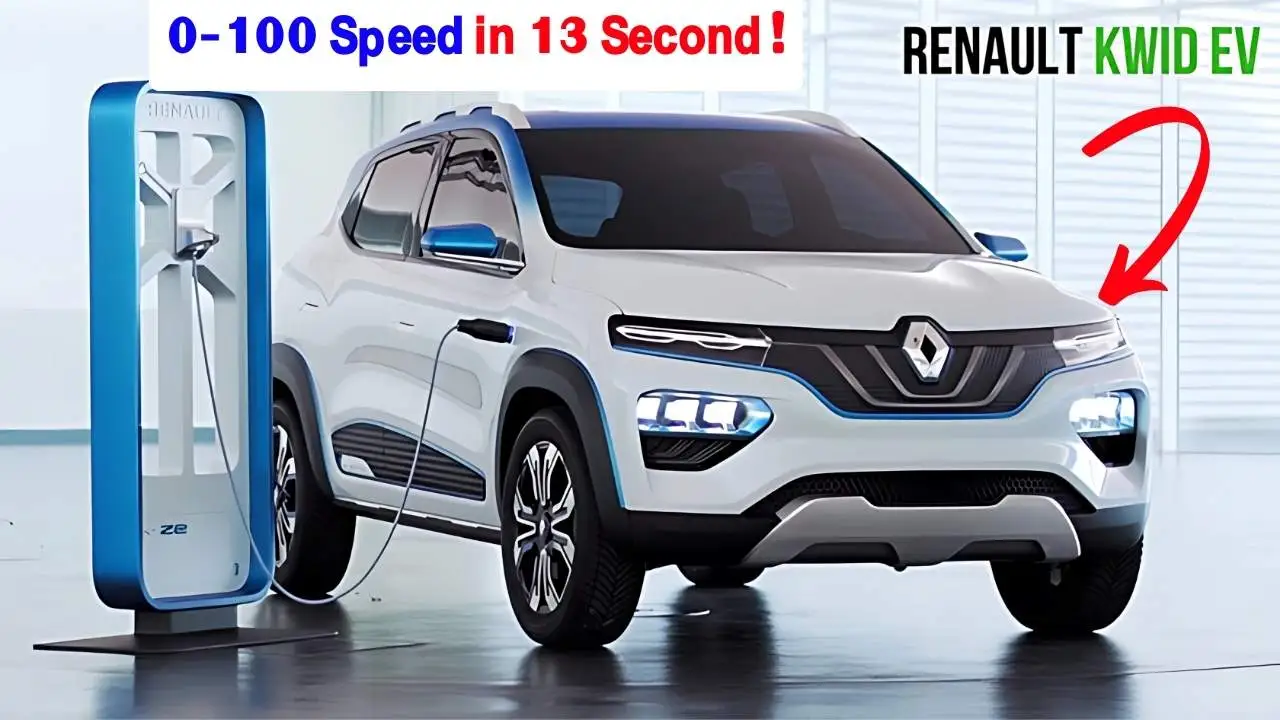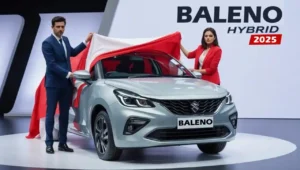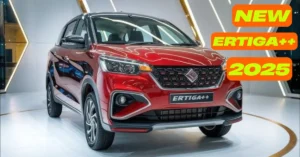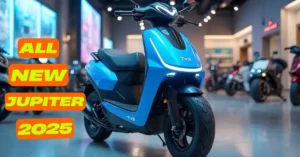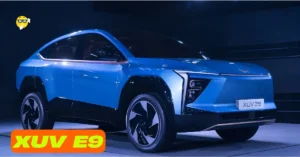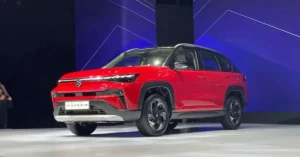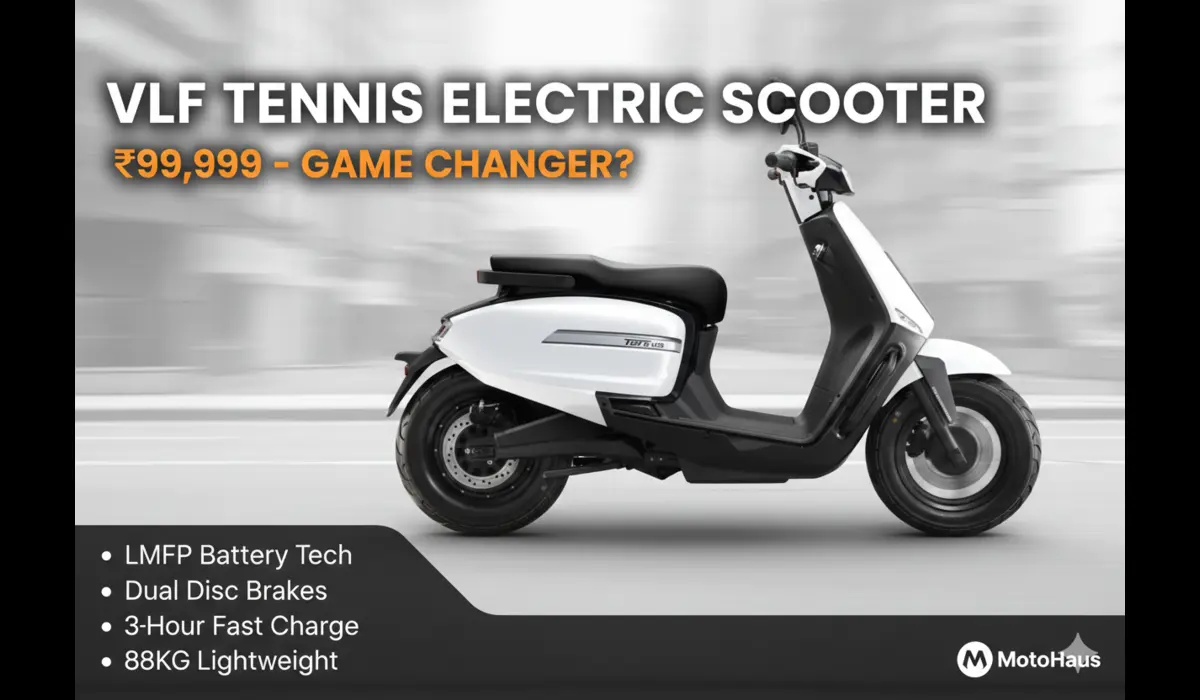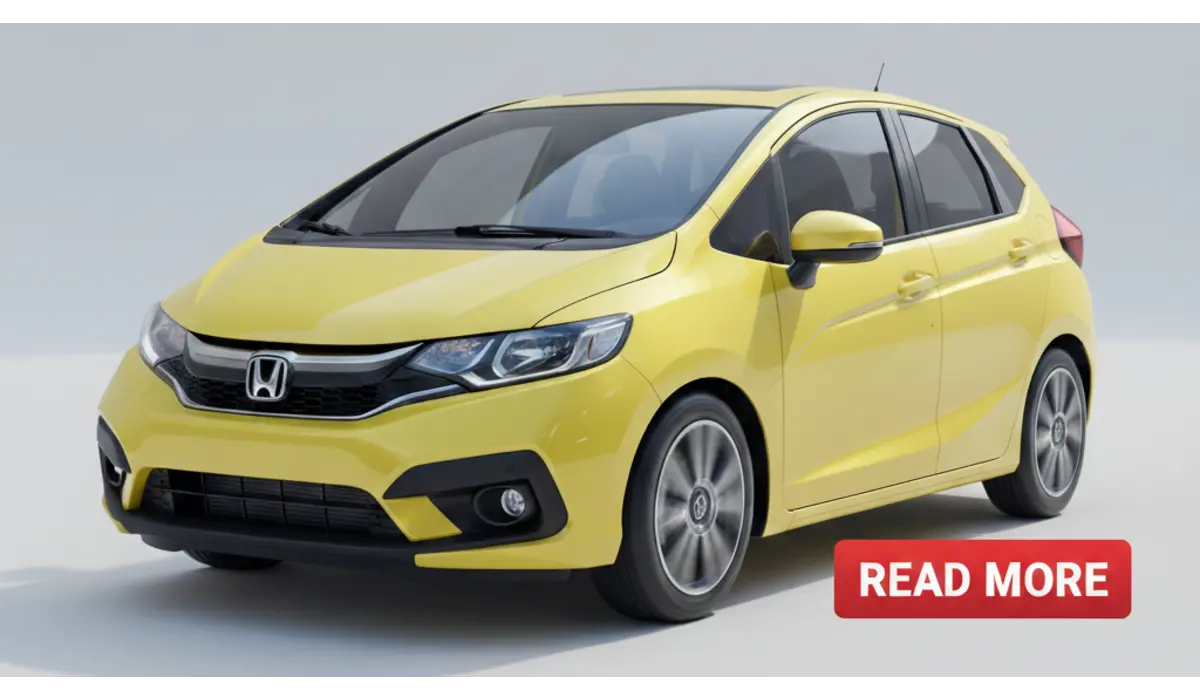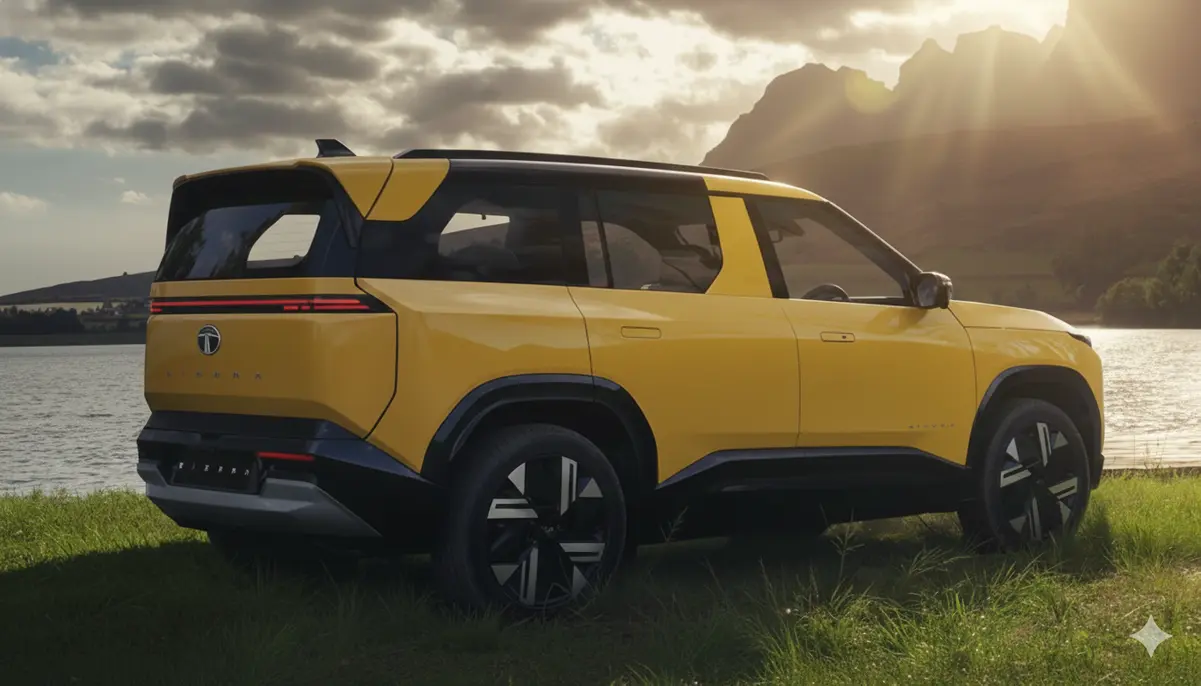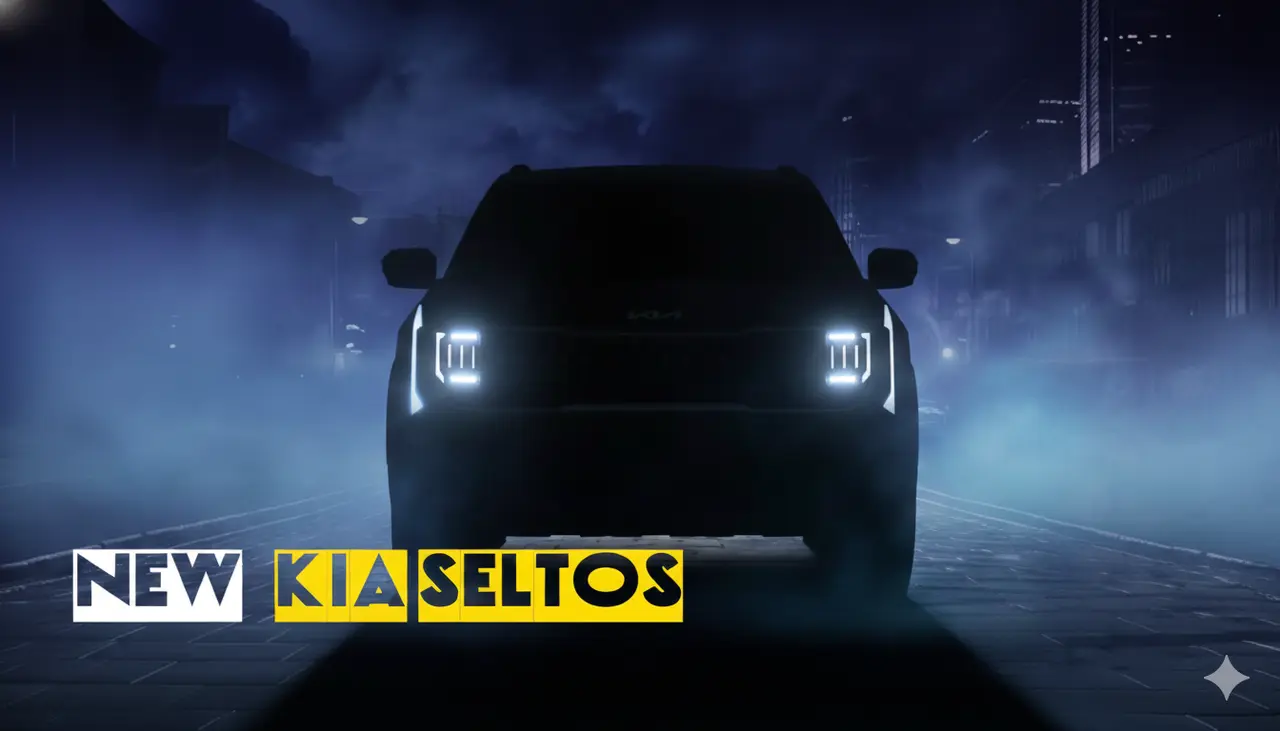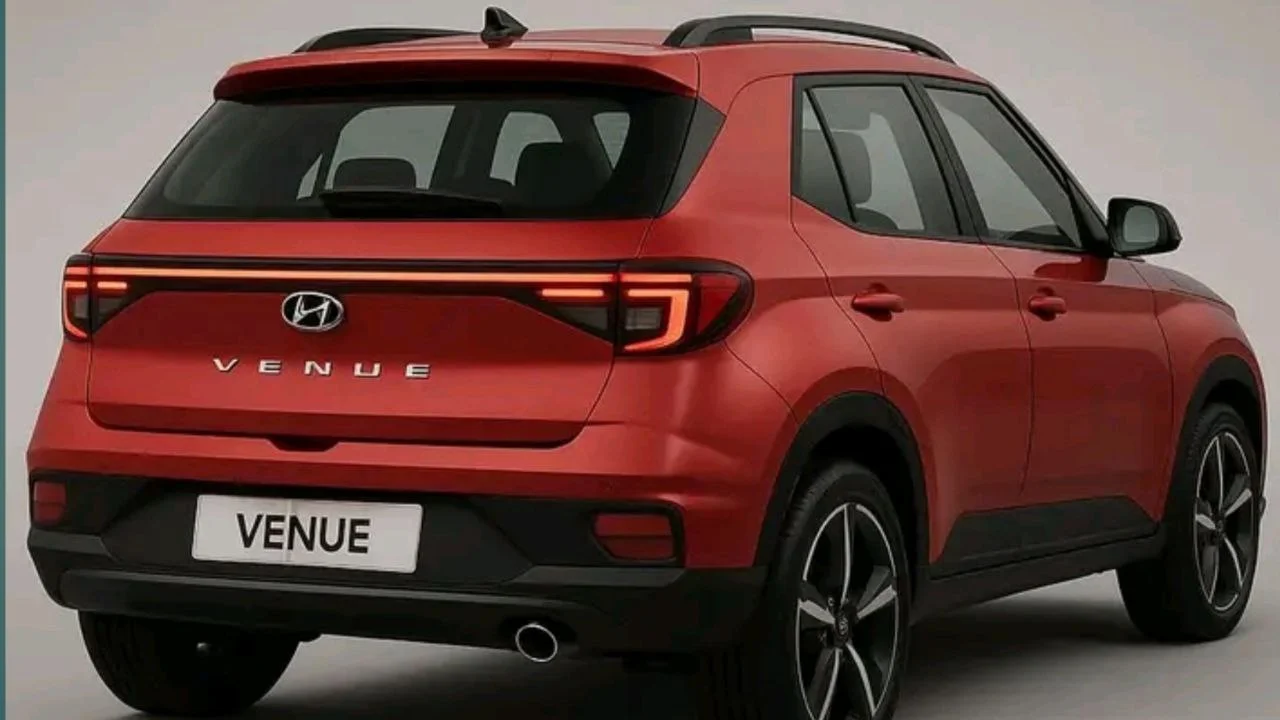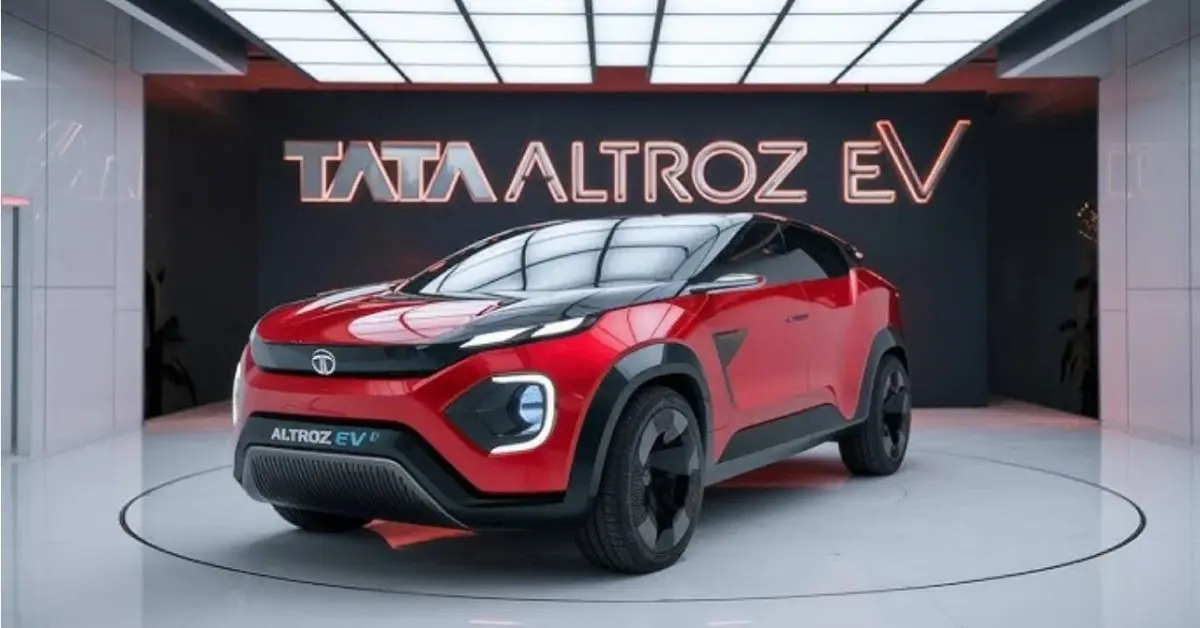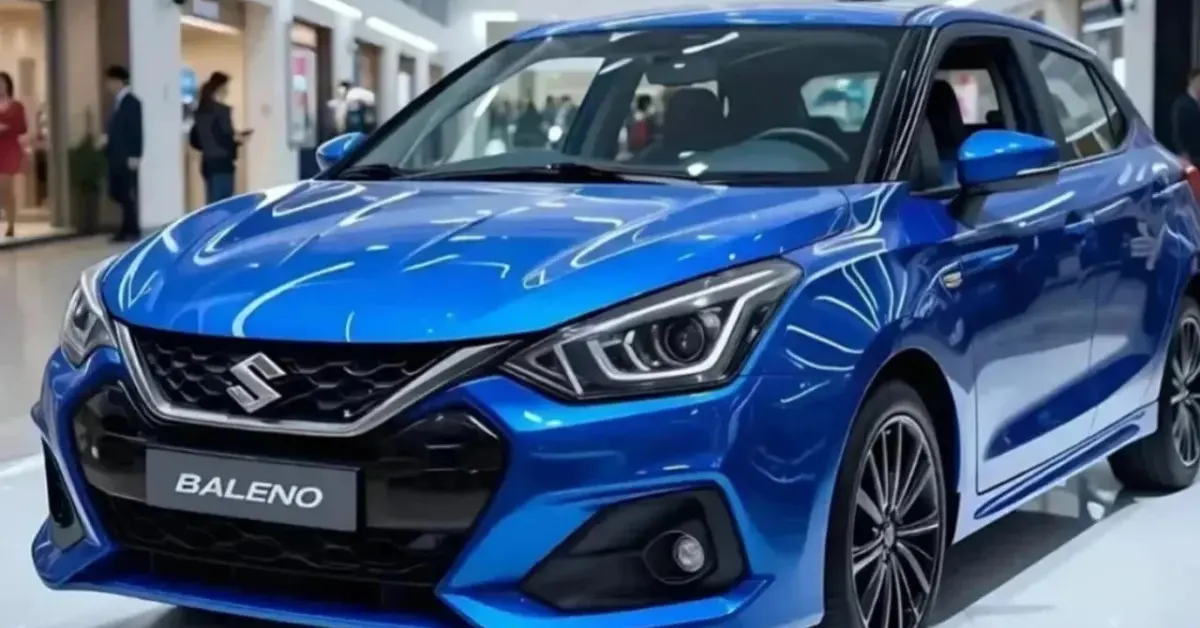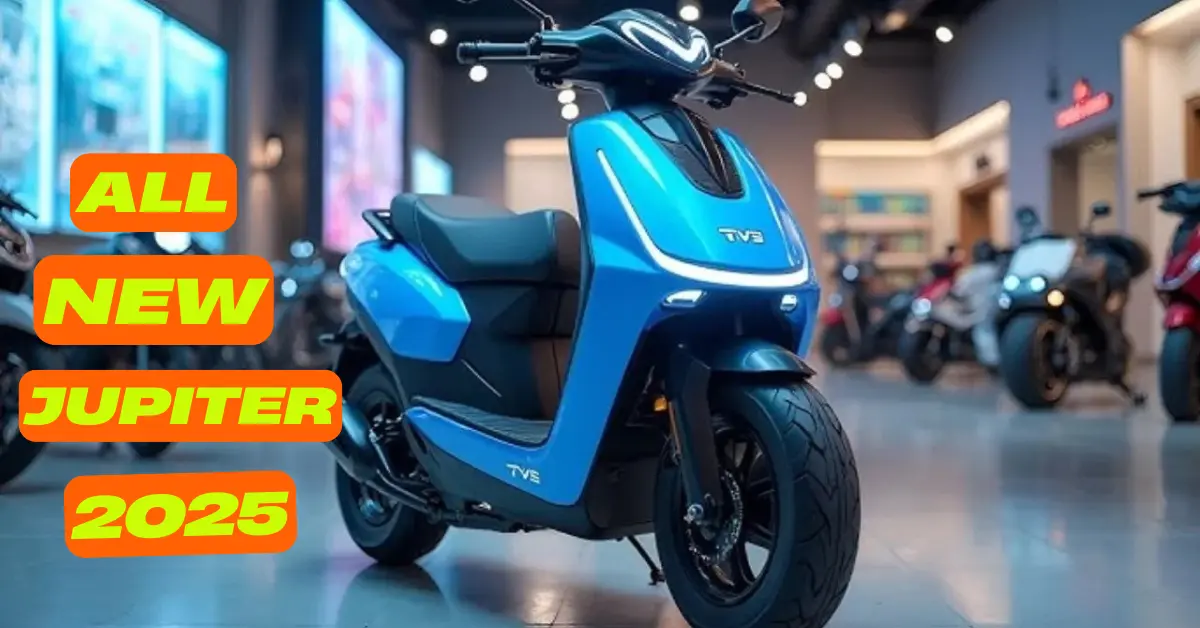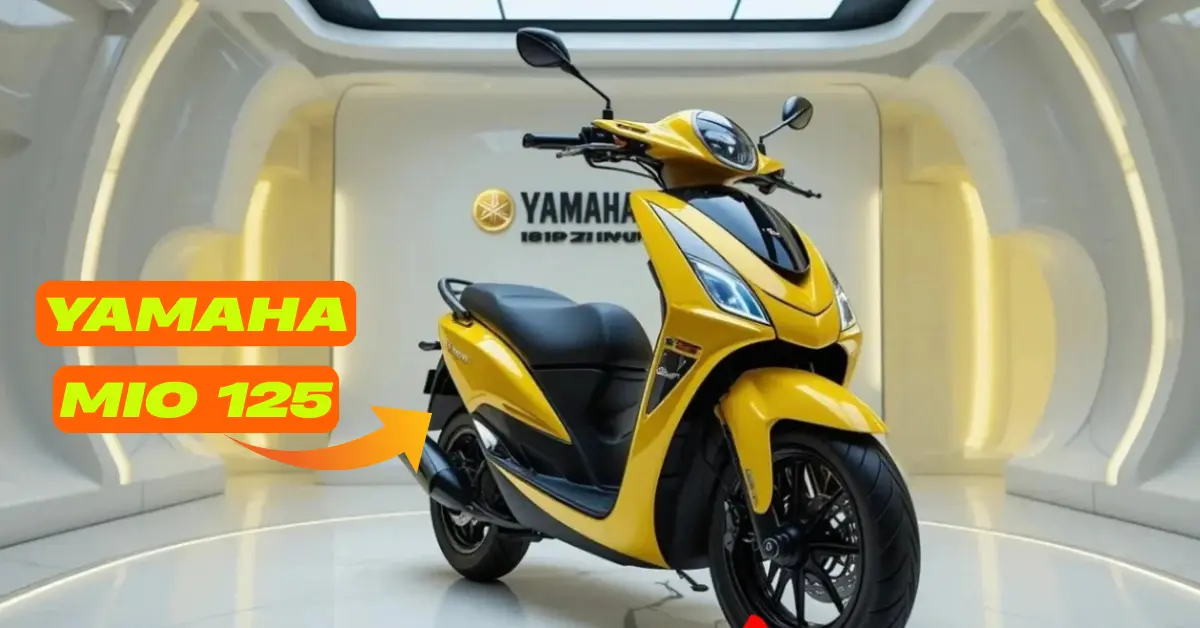Introduction: A New Era of Affordable Electric Mobility
The automotive world is buzzing with Renault’s bold move to launch the Renault Kwid EV at an unprecedented ₹4.5 lakh starting price, effectively making it India’s most affordable four-door electric vehicle. This strategic pricing positions the Kwid EV not just as another electric car, but as a potential catalyst for mass EV adoption in a market traditionally dominated by petrol vehicles.
Price That Changes Everything
Renault has rewritten the rulebook with pricing that undercuts both electric competitors and popular petrol hatchbacks. The Kwid EV’s three well-defined variants cater to different buyer needs while maintaining exceptional value:
| Variant | Price Range | Standout Feature |
|---|---|---|
| RXE | ₹4.5-5 lakh | Entry-point to EV ownership |
| RXL | ₹5-5.5 lakh | Tech upgrades for urban youth |
| RXT | ₹5.5-6 lakh | Premium features pack |
What makes this pricing revolutionary is how it places electric mobility within reach of first-time car buyers and two-wheeler upgraders, creating an entirely new market segment overnight.
Design That Balances Familiarity and Innovation
The Renault Kwid EV retains the friendly proportions that made its petrol sibling popular, but with distinctive electric touches. The sealed grille with blue accents and redesigned aerodynamic elements give it a futuristic edge while maintaining the Kwid’s approachable character.
Inside, Renault has maximized every millimeter to deliver surprising space. The cabin comfortably accommodates four adults, with clever storage solutions throughout. The 222-liter boot defies the car’s compact dimensions, proving that electric vehicles don’t need to compromise on practicality.
Performance Tailored for Urban India
At the heart of the Renault Kwid EV lies a 26.8 kWh battery pack that delivers 225-250 km of real-world range – more than adequate for weekly urban commutes. The 13.7 second 0-100 kmph acceleration might not thrill performance enthusiasts, but it’s perfectly suited for city driving conditions where quick bursts of speed matter more than outright acceleration.
Charging convenience has been thoughtfully addressed. The standard 3.3 kW charger delivers a full charge in about 5 hours, ideal for overnight charging. Renault’s partnership with charging networks promises to expand public infrastructure, easing range anxiety concerns that have hindered EV adoption.
Features That Surprise at This Price
The Renault Kwid EV shatters expectations with its premium-feeling cabin and unexpected tech offerings. The 8-inch touchscreen with wireless smartphone connectivity brings modern infotainment to the masses, while the digital instrument cluster keeps drivers informed about charge status and range.
Safety hasn’t been compromised despite the aggressive pricing. All variants come with dual airbags and ABS with EBD, while higher trims add a reverse parking camera – features that were until recently unheard of in this price segment.
Why This Matters for India’s EV Journey
The Renault Kwid EV’s true significance lies in its potential to transform EV adoption patterns. By pricing electric mobility at par with conventional petrol cars, Renault has removed the biggest barrier to entry. The ₹0.80 per kilometer running cost creates compelling economics for cost-conscious Indian buyers, while the low maintenance requirements of electric drivetrains add to long-term savings.
For urban families, young professionals, and fleet operators, the Renault Kwid EV represents a smart choice that makes both financial and environmental sense. It’s not just a new car – it’s a new way of thinking about personal mobility in India’s rapidly evolving automotive landscape.
The Road Ahead
As the Renault Kwid EV prepares to hit showrooms, it carries with it the potential to fundamentally change India’s relationship with electric vehicles. While questions remain about charging infrastructure and long-term battery performance, there’s no denying that Renault has taken a bold step toward making EVs for everyone, not just the affluent.
The true test will come when these cars start appearing on Indian roads in significant numbers, but one thing is certain: the game has changed, and the future of affordable mobility in India looks electric.
Would you consider switching to an EV at this price point? Share your thoughts in the comments below.
Also Read:

